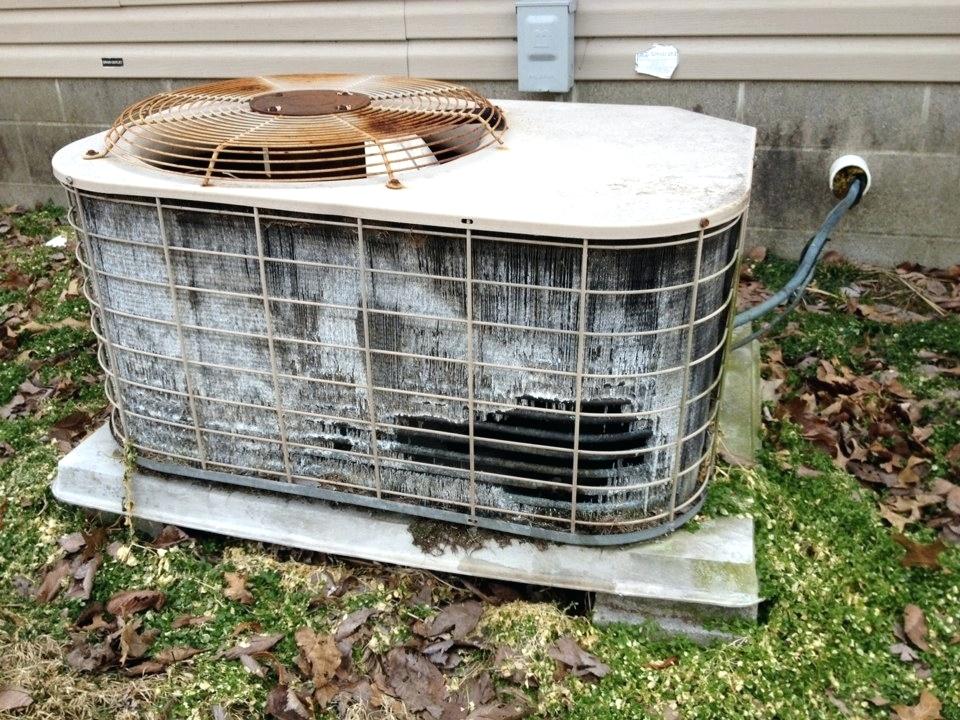
10 Jan Should Real Estate Investors Use a Home Warranty?
A small percentage of real estate investors buy a home warranty. Why? Let’s examine the reasons.
A home warranty is a policy that an owner pays for to cover appliances and various mechanical systems in a residence. For example, home warranties may cover the kitchen appliances, washer and dryer, HVAC system, water heater, and some plumbing and electrical components. The home warranty provides peace of mind. For instance, if the refrigerator stops working, the warranty company will send a repair technician to fix it. Some warranties will even replace the refrigerator if it cannot be fixed. The policy owner might pay a deductible or service fee, perhaps between $50 and $100.
Some home warranty providers allow for add-ons to the policy if the owner pays an additional amount. For example, if there is a pool, the pool pump and other components may be covered. Home warranties generally cost between $400 and $800 a year for one dwelling unit.
We bought a renovated house a couple of years ago, and the seller included a one-year home warranty. Our tenants informed us that the air conditioning was not working properly. We notified the warranty provider. They sent a technician, and we had to pay $100 for the visit. The technician decided not to handle the repair, so the warranty company sent another technician. They replaced a compressor, and we had to pay another $100. The air conditioner failed again within a month. After a few weeks of going back and forth, the warranty company instructed the technician to replace the entire package unit. We had to pay $100 more. So after about seven weeks and $300, we had a brand new HVAC system.
Some house sellers will put a home warranty in place during the listing period, and the seller pays for the warranty at the closing. The warranty can cover some appliances and systems if they fail before the closing. The warranty will inure to the buyer for a year after the sale. We bought a fixer-upper last year, and the seller had a home warranty in place. The 20-year old furnace failed before we bought the house, and the warranty company offered to either fix the package unit or pay $1,000 to the contractor of our choice. We negotiated with the seller and received an additional $1,000 credit at the closing. Instead of paying $5,000 for a new HVAC system, we paid only $3,000 out of our pocket.
When might you offer or buy a home warranty?
– A house flipper could offer a home warranty to attract more buyers because of the peace of mind.
– A landlord of a 1-4 family property could acquire a home warranty to cover the bulk of their maintenance or repair issues.
– An out-of-town landlord without local connections could pay for a warranty so repairs will be handled by reputable technicians used to working with the warranty provider.
– A real estate licensee selling their own house could offer a home warranty to reduce their liability.
– A seller in a tough negotiation could offer a home warranty instead of taking a deep price cut or having to buy a new appliance or system.
– A landlord with failing appliances or systems may purchase a warranty so they are covered should something break.
– A landlord could choose a high deductible on their insurance policy and spend the savings on a home warranty.
If you have a really old HVAC system that will cost $6,000 to replace, and your home warranty costs $600 a year, then it could make a lot of sense to buy the warranty. Let’s say the HVAC fails in five years. You would have spent $3,000 on warranty coverage, and you could receive a $6,000 unit in exchange. In those five years, you may have used the warranty for other repairs too. Of course, review the fine print of the policy before buying it so you understand the limits of the coverage.
Many flippers don’t offer a home warranty, especially if they have installed new appliances and systems. Many landlords with their own network of technicians will choose not to buy a warranty. Some landlords don’t use a home warranty because they aren’t allowed to use their own contractors. Nevertheless, other investors find home warranties useful.
Tai DeSa is a graduate of The Wharton School of the University of Pennsylvania. He became a full-time real estate investor in 2004 after serving in the U.S. Navy. Tai has made colossal mistakes in investing (and learned some things along the way). He has helped hundreds of homeowners avoid foreclosure through successful short sales. Check out Tai’s books on Amazon.com. Tai may be available for coaching and speaking engagements on a variety of real estate topics. Send an email to tai@investandtransform.com.






No Comments